Film Threat Founder Chris Gore Explains Why Movie Franchises Fail When They Are Made By Studio Committee
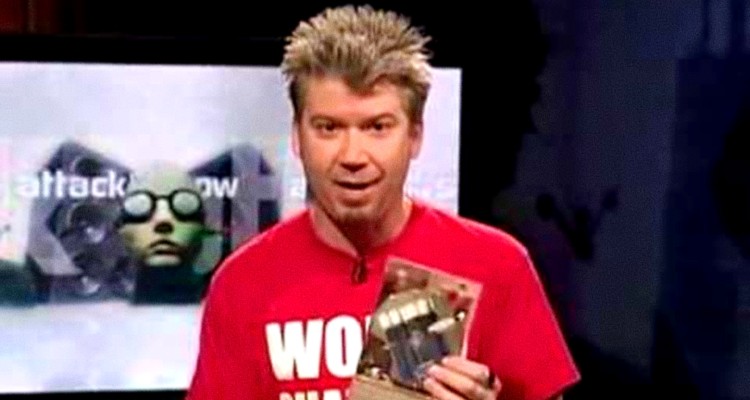
Film critic and pundit Chris Gore has made his point about what is wrong with Hollywood and cinema a few times already, but he has more left to say.
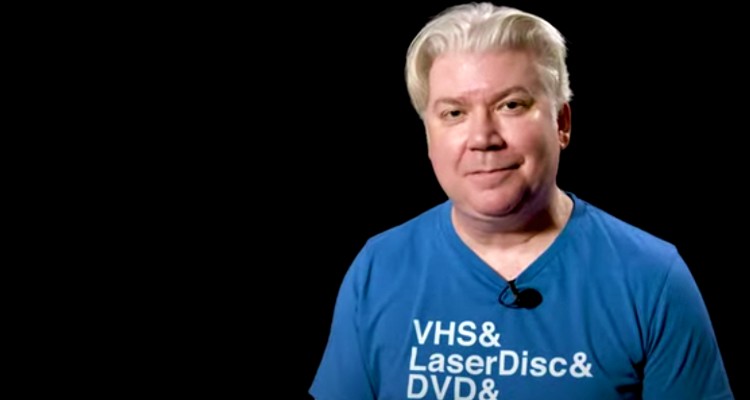
Source: Film Courage YouTube Channel, Chris Gore Interview
Speaking once again with YouTube’s Film Courage, Gore returned to the hot seat to explain why franchises fail nowadays and the answer isn’t all that surprising.
He says that the big studios can’t make good films or franchises “under the current factory filmmaking conditions” that stifle individual creative visions.
Using Star Wars as an example like he often does, Gore adds that the good ideas that spawn franchises were thought up by one person, generally, who didn’t have the backing of a corporation.
Whether it was George Lucas, Gene Roddenberry, or Tolkien, “A franchise comes birthed from a person not because a company hired them to think up a new franchise,” Gore said. “It came out of someone because it was a creative thing that they needed to express.”
Gore adds, “The conditions under which content is made at those corporations are not conducive to a singular creative voice. It’s art by committee.”
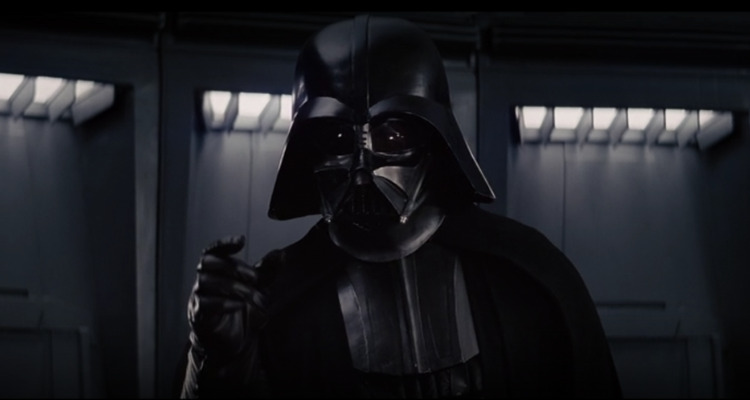
Source: Star Wars: A New Hope
This phenomenon has played out routinely throughout the years and sometimes drags corporations outside the film industry into the process, mostly when they are a partner in the promotion.
McDonald’s, for instance, bolstered Batman Returns with an ad campaign and tie-in products – Happy Meal toys, collector cups, the usual – until they found out how dark the film was.
“Tim Burton famously got in trouble” with the sequel to his 1989 film as, while it was more to his “creative liking,” it “infuriated McDonald’s” for being frightening in certain respects to young children.
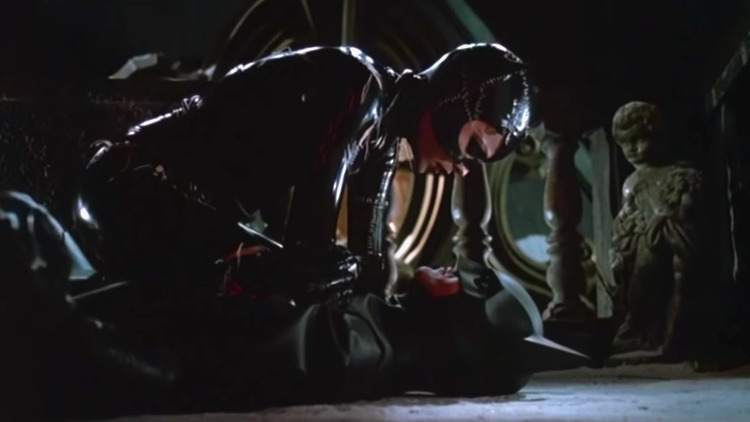
Source: Batman Returns (1992), Warner Bros.
“McDonald’s even issued an apology [for releasing the toys inspired by the film],” Gore explained. “There are videos on YouTube you can look up about this.”
Being the stuff of film history and pop culture lore, there are indeed in-depth videos about the McDonald’s-Batman Returns controversy and you can find one by Minty Comedic Arts below.
RELATED: Fan-Altered Parody Trailer For The Batman Replaces Robert Pattinson With Adam West
As Gore illustrates, there are budget and toy concerns to start with but films play internationally as well so worldwide appeal has to be factored in too. Consequently, once all those criteria have been added together, it’s difficult to maintain the “vibrancy of a single creative vision.”
He notes Christopher Nolan, Denis Villeneuve, and other filmmakers found a way to work within that system and balance studio concerns with their creative desires.
Let’s not ignore the fact Nolan and Villeneuve accomplished this when adapting popular IPs under the supervision of Warner Bros., makers of Batman Returns, and the property Nolan was responsible for was The Dark Knight.
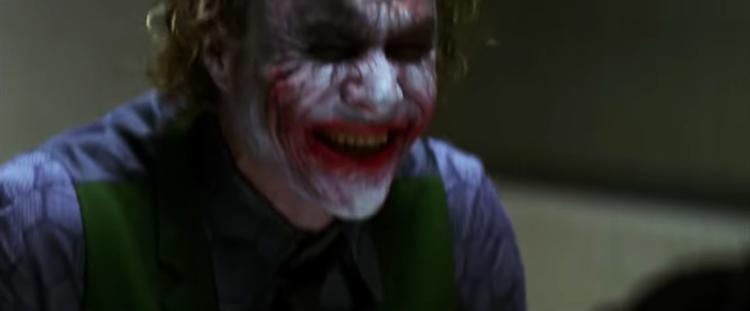
Source: The Dark Knight (2008), Warner Bros.
WB would strain relations with both men by giving priority to HBO Max over theaters during the pandemic though that is another story.
Nevertheless, the studio ought to listen to the singular voice of Nolan, Gore urges, when making a pet project like Inception that can go without Happy Meal toys.
On the other side, you have estates signing over rights to a story or character – be it Star Wars or Star Trek or Lord of the Rings – when the creator has no say over what’s going to be done by the group of people bent on doing what they want.
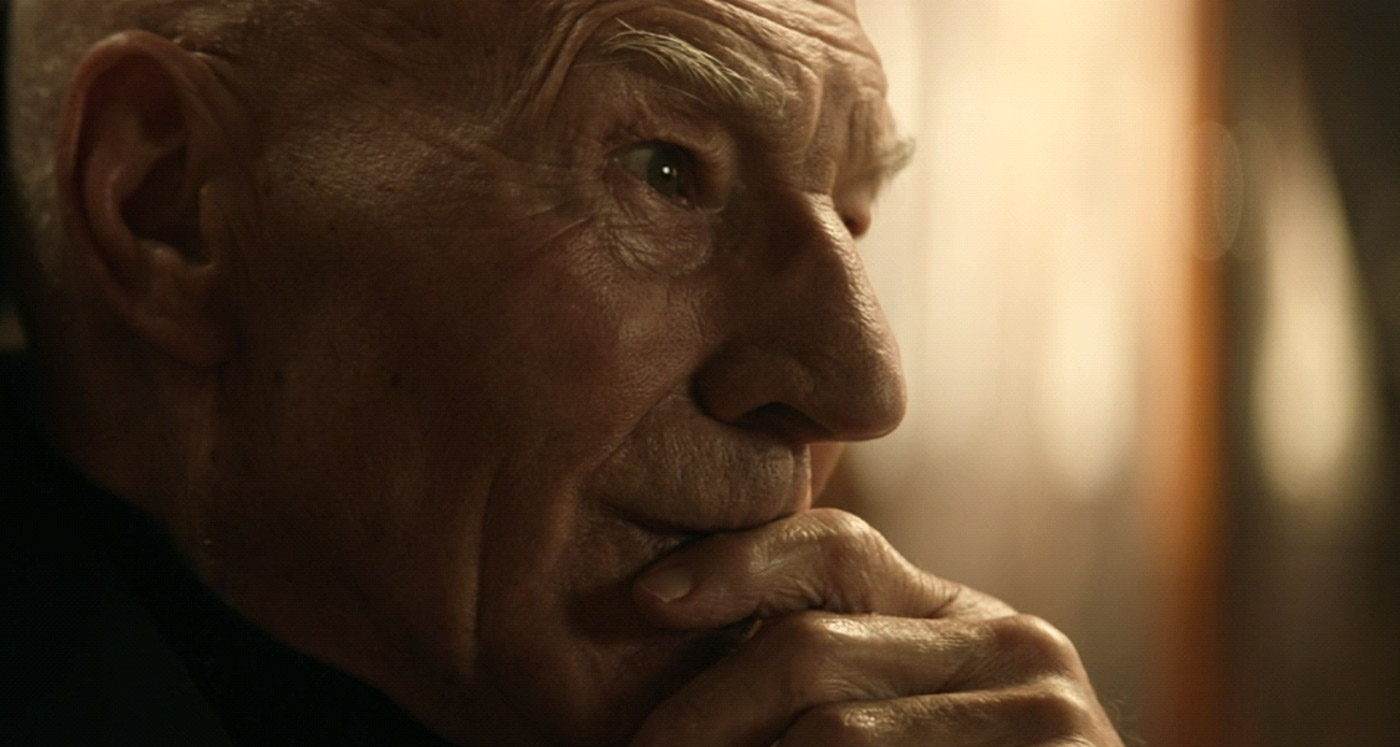
Source: Star Trek: Picard, Season 2, Paramount+
RELATED: Star Trek: Strange New Worlds Depicts January 6th Riots As Being First Steps To World War III
We’re seeing this now with Amazon and Lord of the Rings, Disney and Star Wars, and Paramount’s sundry Star Trek spinoffs. Gore reminds us these corporate entities don’t create much to begin with and neither Roddenberry nor Tolkien is around to consult or supervise.
When you have the corporate concerns and meddling, Gore remarks on how miraculous it really is that Hollywood churns out “anything worth watching” at all.
He adds a crucial reason why Peter Jackson’s Lord of the Rings trilogy came together in a way that earned it Oscars and fan admiration for years to come was Jackson made the movies in his home country of New Zealand far away from the distractive micromanaging of Tinsel Town.
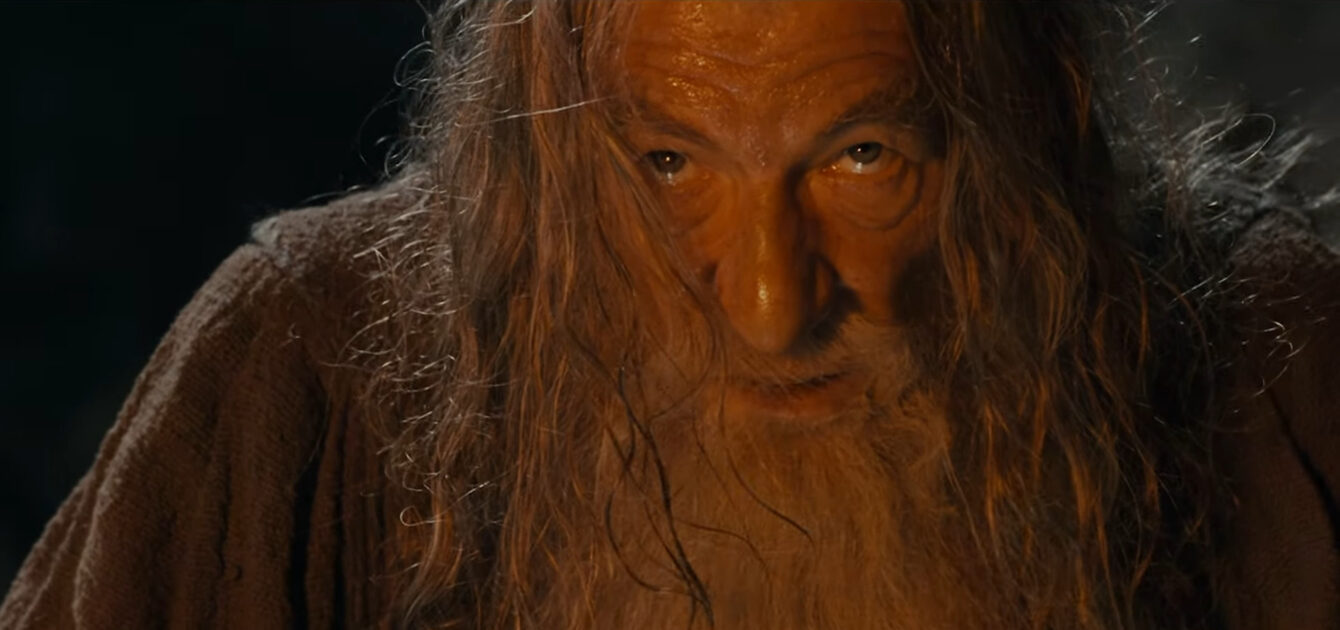
Source: The Lord of the Rings: The Fellowship of the Ring (2001), New Line Cinema
Jackson also had John Rhys Davies and Ian McKellan imploring him to stay true to the books and thankfully he acquiesced to them.
Either way, Chris Gore is adamant a corporate structure with financial and merchandise concerns is not “the best fit for the most positive result” when making films and turning them into something grander.
Moreover, he believes the era of George Lucas and Gene Roddenberry is gone due to all the cooks and their aforesaid filmmaking by committee.
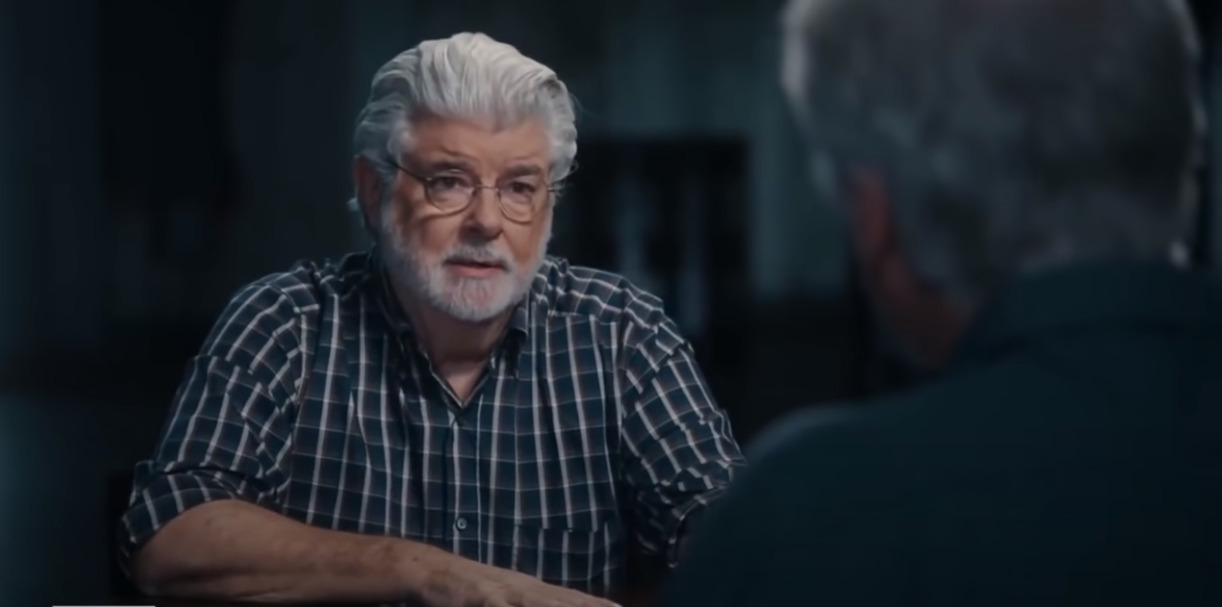
Source: Clive TV YouTube
Do you agree? Perhaps you have something to add. Drop us a comment below with your thoughts.
More About:Movies
